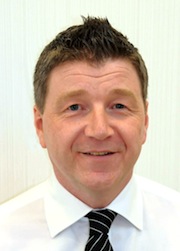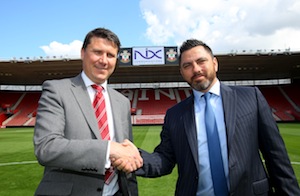 Making the most of SIP deals is the rationale behind a new proposition introduced by Nimans that offers bundled minutes and free licences.
Making the most of SIP deals is the rationale behind a new proposition introduced by Nimans that offers bundled minutes and free licences.
The service automatically includes 5,000 bundled minutes per trunk to 01, 02, 03 numbers and UK mobiles (conditions apply).
And if resellers buy a Samsung, Unify or NEC system from Nimans they will receive free system SIP trunk licences when they purchase SIP trunks.
"As part of our SIP offering resellers also benefit from intuitive fraud control, 24/7 cover and competitive data connectivity," stated Head of Network Services Mark Curtis-Wood.
"SIP has developed into a key component and this offer makes it more compelling for resellers to embrace."
Curtis-Wood also urged resellers to take advantage of EtherStream V, a high speed cost-effective alternative to fibre which is now available with targeted geographical campaigns from Nimans.
"More and more resellers are recognising EtherStream V as being the perfect Internet access solution, sitting in the middle of our data proposition between traditional DSL technology and Ethernet fibre," he added.
EtherStream V offers high speed asymmetric connectivity of up to 80Mbps upload and 320Mbps download. The fully managed service comes with 30 working day install lead times and qualifies for the Government's BDUK superfast broadband incentive scheme.
"We can easily identify EtherStream V qualifying postcode areas and are working across key UK cities," added Curtis-Wood.

 NIX Communications Group has teamed up with the Premier League's Southampton Football Club as Official Fixed Line Telecommunications Partner.
NIX Communications Group has teamed up with the Premier League's Southampton Football Club as Official Fixed Line Telecommunications Partner.